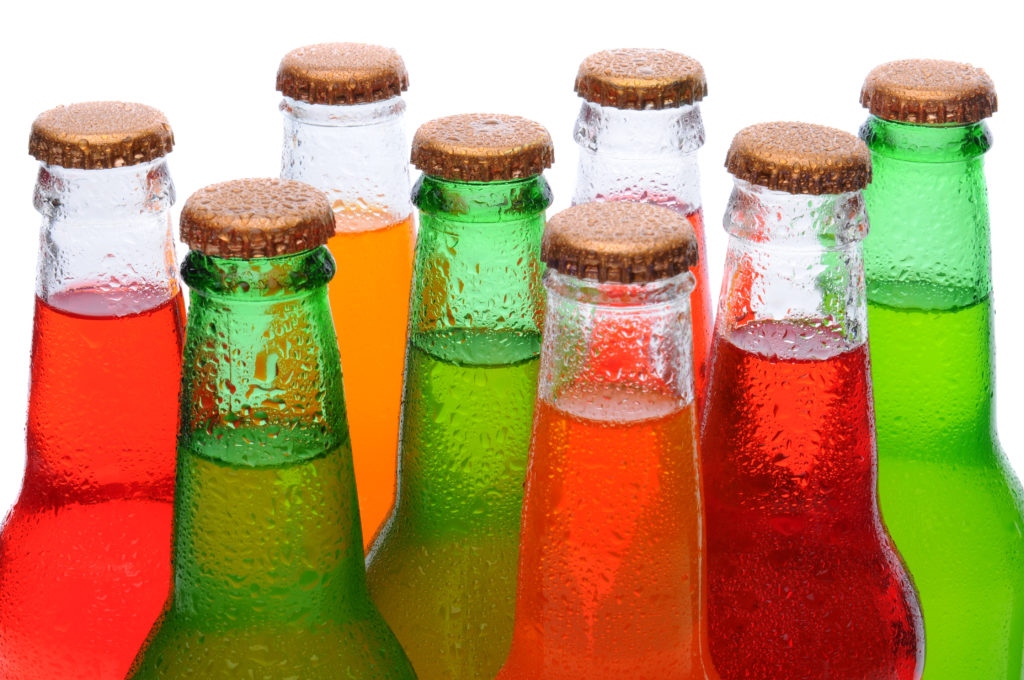
High-Fructose Corn Syrup and Type 2 Diabetes
According to a recent study by researchers from the University of Oxford and the University of Southern California, there is a correlation between frequent use of high-fructose corn syrup and higher rates of type 2 diabetes. The findings were published online in Global Public Health (doi:10.1080/17441692.2012.736257).
Analyzing data on HFCS availability in 42 countries, the researchers found an 8% rate of diabetes in countries where use of the sweetener is high versus a 6.7% rate in countries where it is not used.
The U.S. has the highest consumption rate of HFCS, with 55 pounds ingested per person per year, followed by Hungary with 46 pounds per capita. The U.K., with only 1.1 pounds per person, is one of the lowest consumers of HFCS.
By the end of the 20th century, 40% of all caloric sweeteners in the U.S. were HFCS, with most of that going to soft drinks.
According to one of the study leaders, Stanley Ulijaszek, director of the Institute of Social and Cultural Anthropology at the University of Oxford, “Most populations have an almost insatiable appetite for sweet foods, but regrettably our metabolism has not evolved sufficiently to be able to process the fructose from high fructose corn syrup in the quantities that some people are consuming it.”